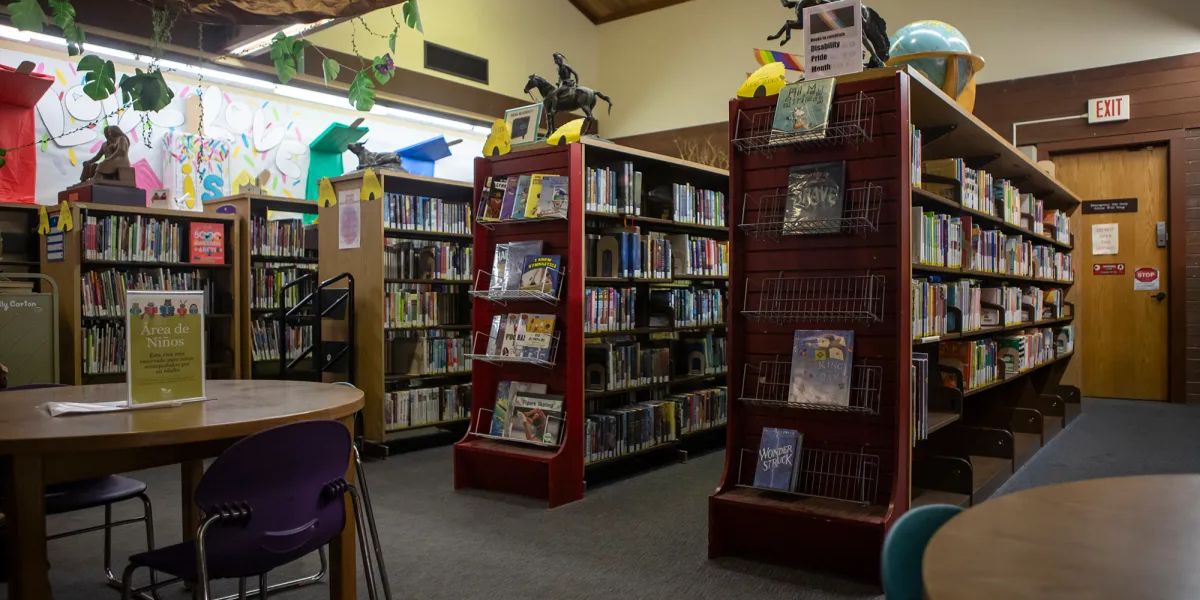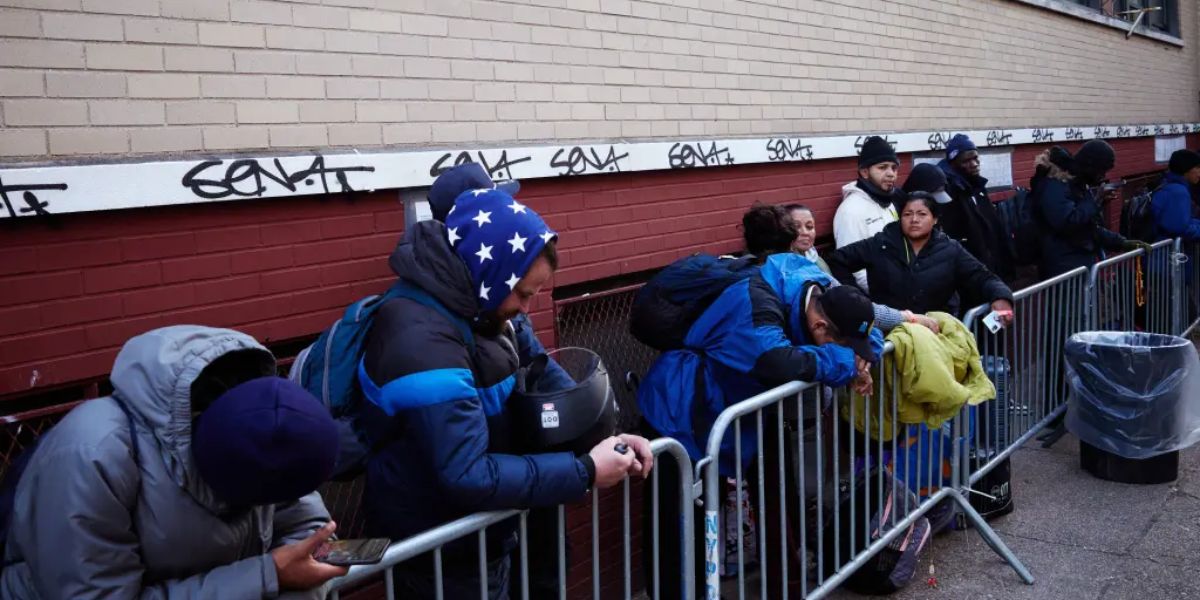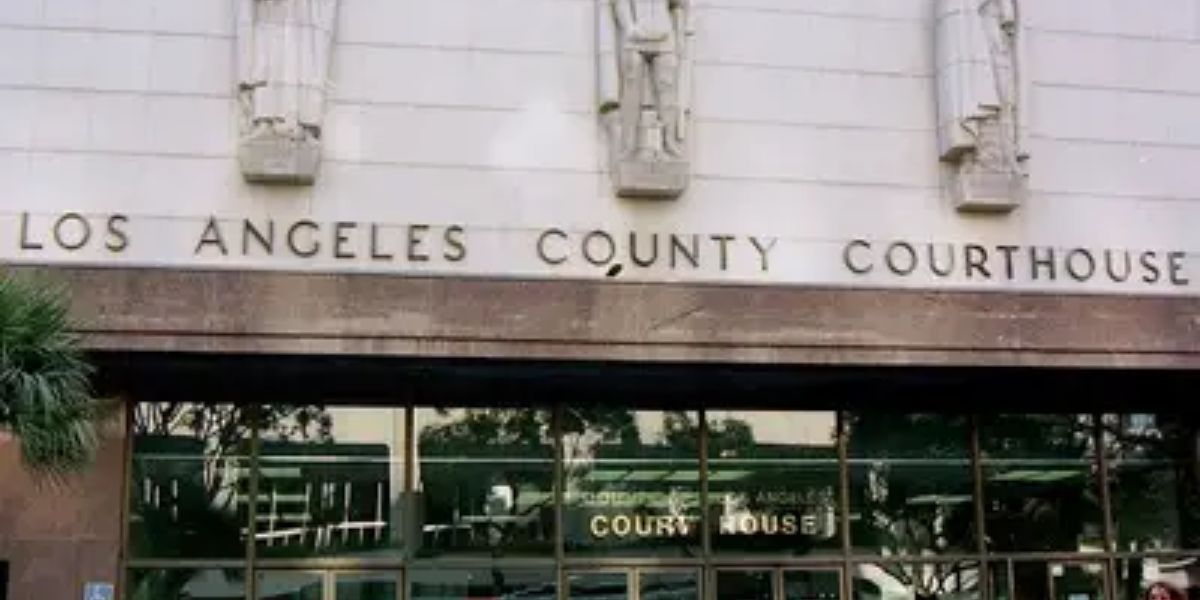A new legislation in California makes it illegal for public libraries to restrict access to books.
Assembly Bill 1825, which governs the new Freedom to Read Act in the state of California, makes it illegal for public libraries to prevent the publication of books on the basis of the subject, author, or intended audience of a book based on factors such as their race, nationality, religion, gender identity, sexual orientation, handicap, socioeconomic status, or political affiliation.
It was reported by the American Library Association that in 2023, there were 4,240 book titles that were targeted for censorship across the country. This is a 92% increase over the previous year.
The LGBTQ community was the topic of nearly half of the publications, while communities of color accounted for 47 percent of those who were targeted.
“It’s an example of a minority that doesn’t like particular things trying to control what other people do and that’s censorship, which I think is wrong,” said Pam Linney, San Luis Obispo resident.
From the year 2026 onward, state-funded libraries are required to have a documented policy that is accessible to the public and outlines the process by which books are added or deleted.
The Marketing Coordinator for the San Luis Obispo Public Library, Erica Thatcher, stated that although the library is committed to the principle of free expression, there are instances in which individuals conceal books within the library.
“The kinds of books that get questioned are the kinds of titles that are questioned all over the country right now and those are normally books about folks who historically have not normally had a voice,” Thatcher said.
A public library should not contain some works, according to the opinions of some individuals. The majority of the time, Thatcher adds, she hears this regarding novels for children.
Some individuals express their concern that their children might have access to literature that are improper or vulgar.
“I think we should ban the books but at the same time I think we should be taking the initiative as parents to monitor what our children are doing,” said Will Francis, Oceano resident.
“I don’t have children but I understand what’s available today and would say the internet is a much more dangerous place than the library,” said Rolando Locci, San Luis Obispo resident.


 by
by 

